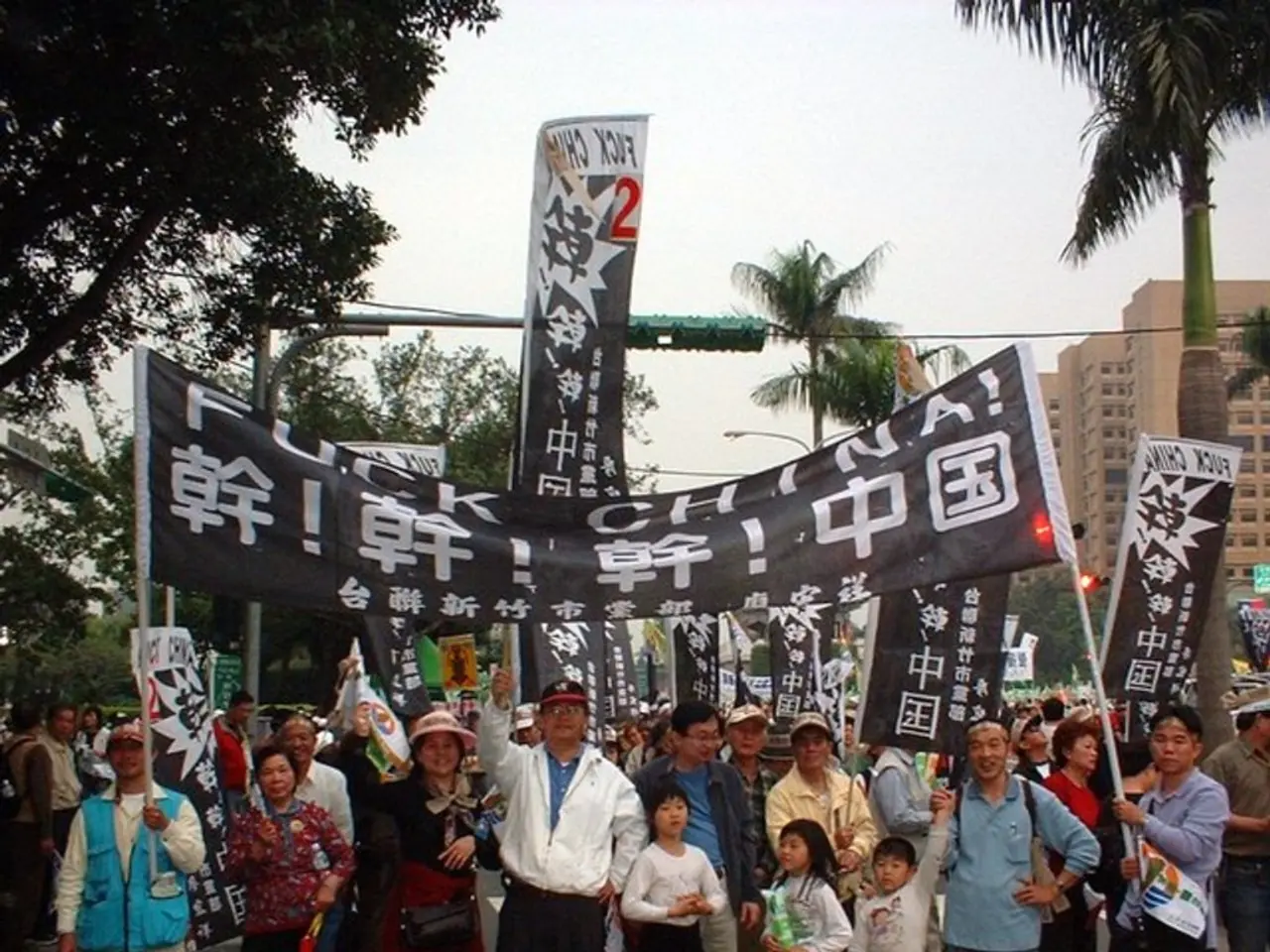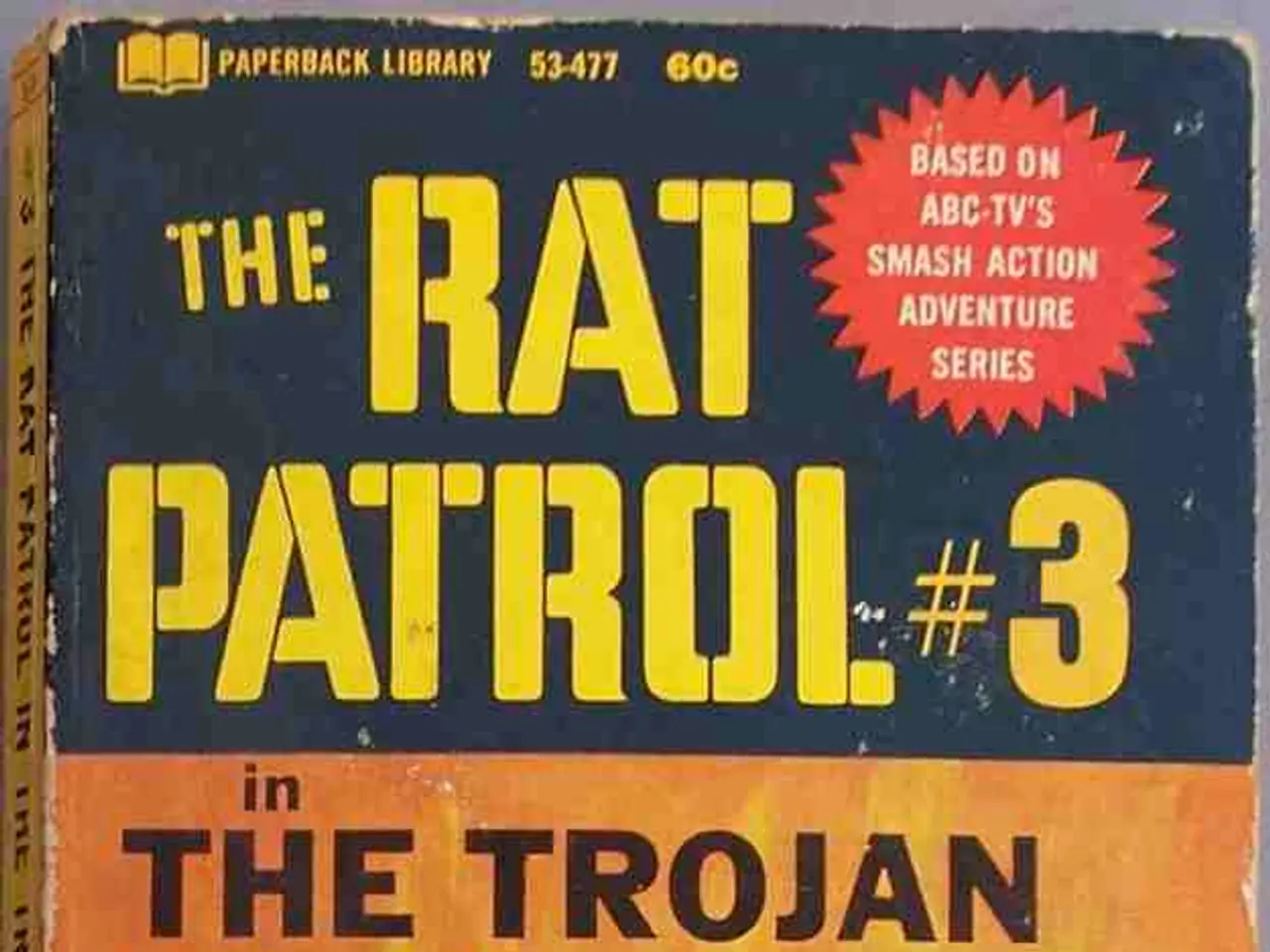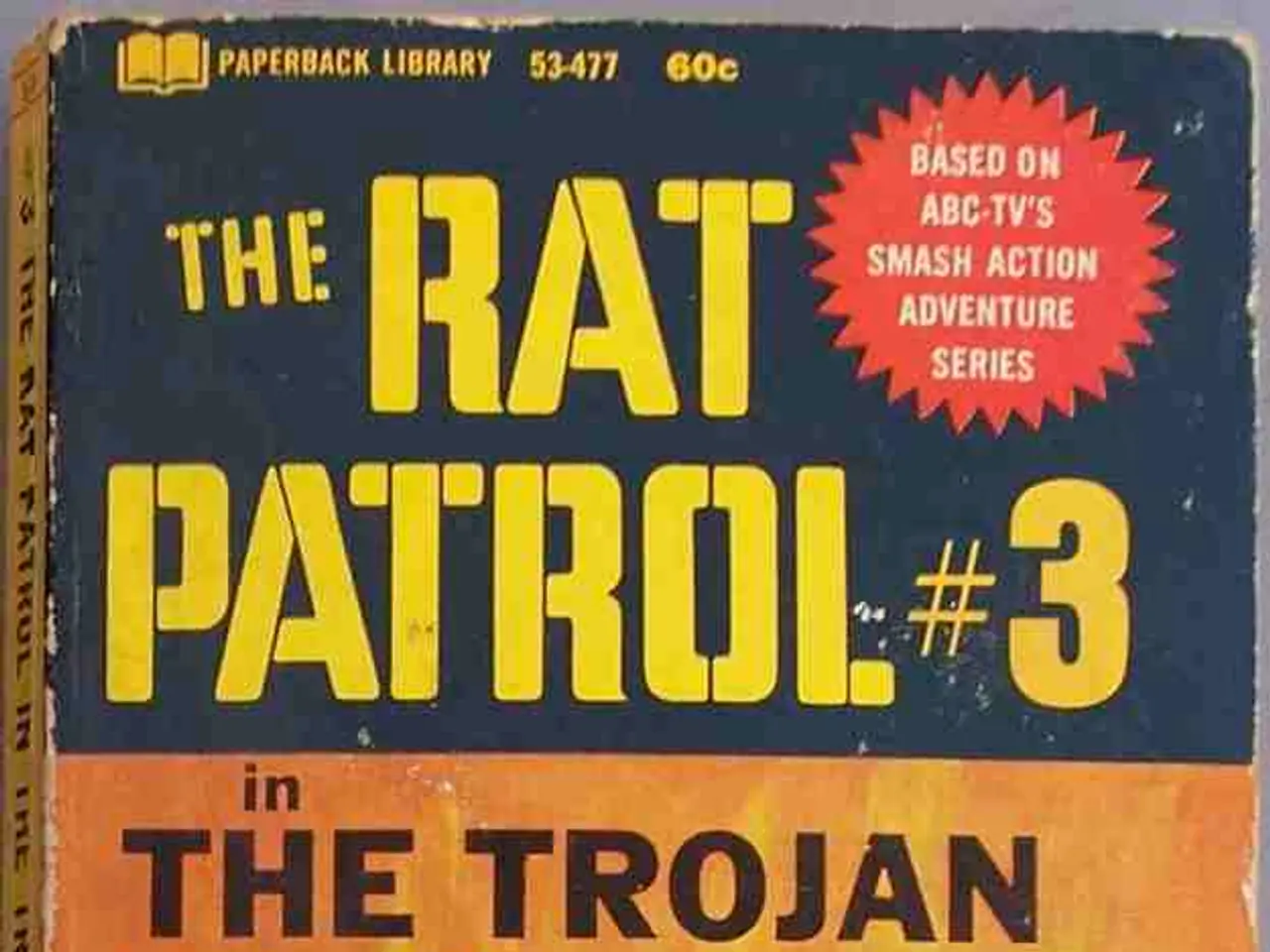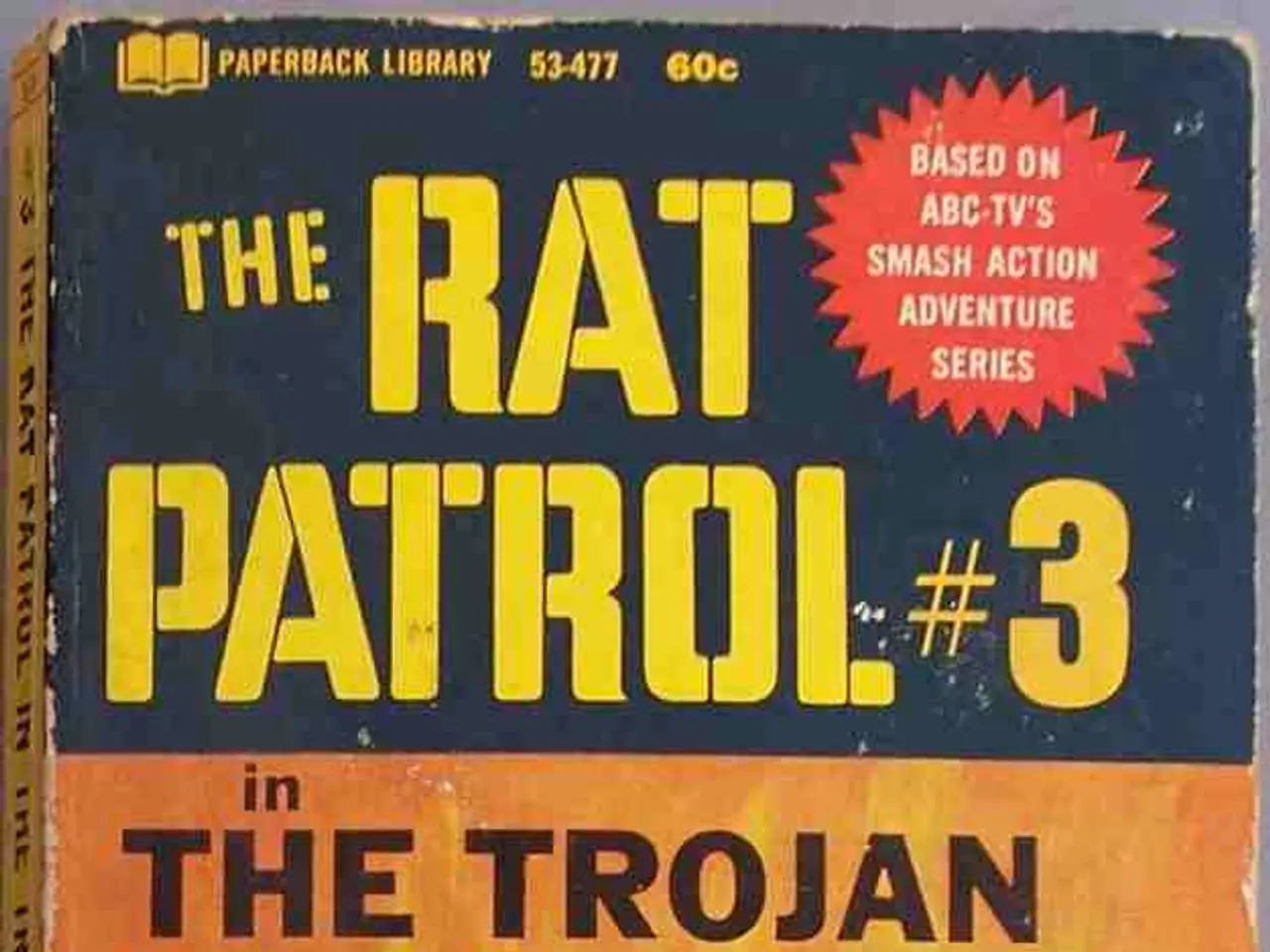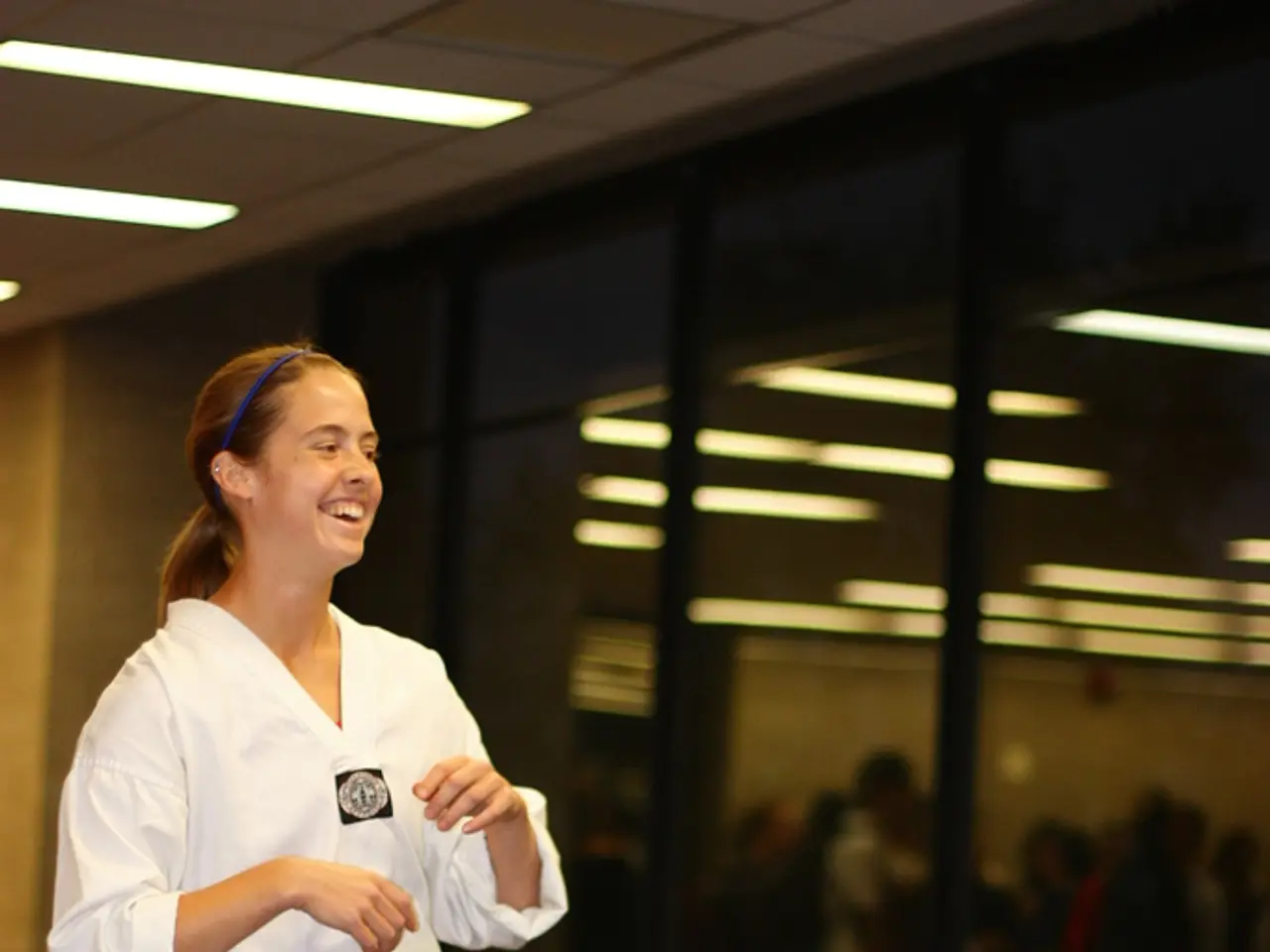Immigration raids in Los Angeles remain limited following a court decision denying the Trump administration's attempt to lift existing restrictions.
In a significant decision, the Ninth Circuit Court of Appeals has upheld a lower court's temporary restraining order that restricts federal immigration agents from conducting immigration arrests in Los Angeles without specific probable cause. This ruling comes in response to a lawsuit alleging unlawful stop-and-arrest practices and illegal conditions of confinement.
The restraints on federal agents during immigration raids in the Los Angeles area were unanimously maintained by the Ninth Circuit Court of Appeals, a move that has been celebrated by Los Angeles Mayor Karen Bass as "a victory for the rule of law and for the City of Los Angeles."
The court's decision reinforces protections against racial and ethnic profiling in immigration enforcement. It requires that immigration stops cannot be based on generalized suspicion or factors such as race, ethnicity, language spoken (e.g., speaking Spanish or English with an accent), location, or type of work—factors that were deemed too broad and unconstitutional to justify stops.
The administration, in its attempt to lift those restrictions, argued that the restraining order inflicts irreparable harm by preventing enforcement of immigration laws and infringes on the President’s executive authority. However, the court refused, maintaining limits on the federal agents' actions pending further hearings scheduled for September.
The limitations also include prohibiting targeting people based on their ethnicity, accent, language, or location, including being at a Home Depot or a car wash. This decision recognizes constitutional safeguards against racial or ethnic profiling in law enforcement stops within Los Angeles and nearby counties.
In addition, the Trump administration ended the deployment of additional National Guard troops to Los Angeles and ordered the withdrawal of 700 Marines. The administration had previously deployed approximately 4,000 National Guard soldiers to control protests.
Mayor Bass also stated that Los Angeles will stand together against the Trump Administration's efforts to break up families and that she will continue to fight for the rights, dignity, and place of immigrants in the city.
The court's decision is a judicial check on executive immigration policies seen as violating civil rights and due process protections. It curtails federal immigration enforcement tactics viewed as overly aggressive and discriminatory.
The court's decision in Los Angeles reinforces the appropriate boundary between executive authority and law enforcement, particularly in relation to immigration policies. It highlights the importance of policy-and-legislation that protects against racial and ethnic profiling, a crucial aspect of general-news regarding human rights and civil liberties. Consequently, the decision also impacted the crime-and-justice arena by discouraging unjustified targeting based on ethnicity, accent, or location.

